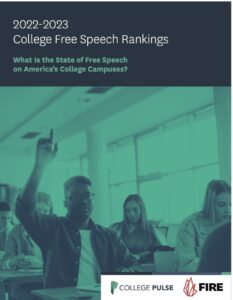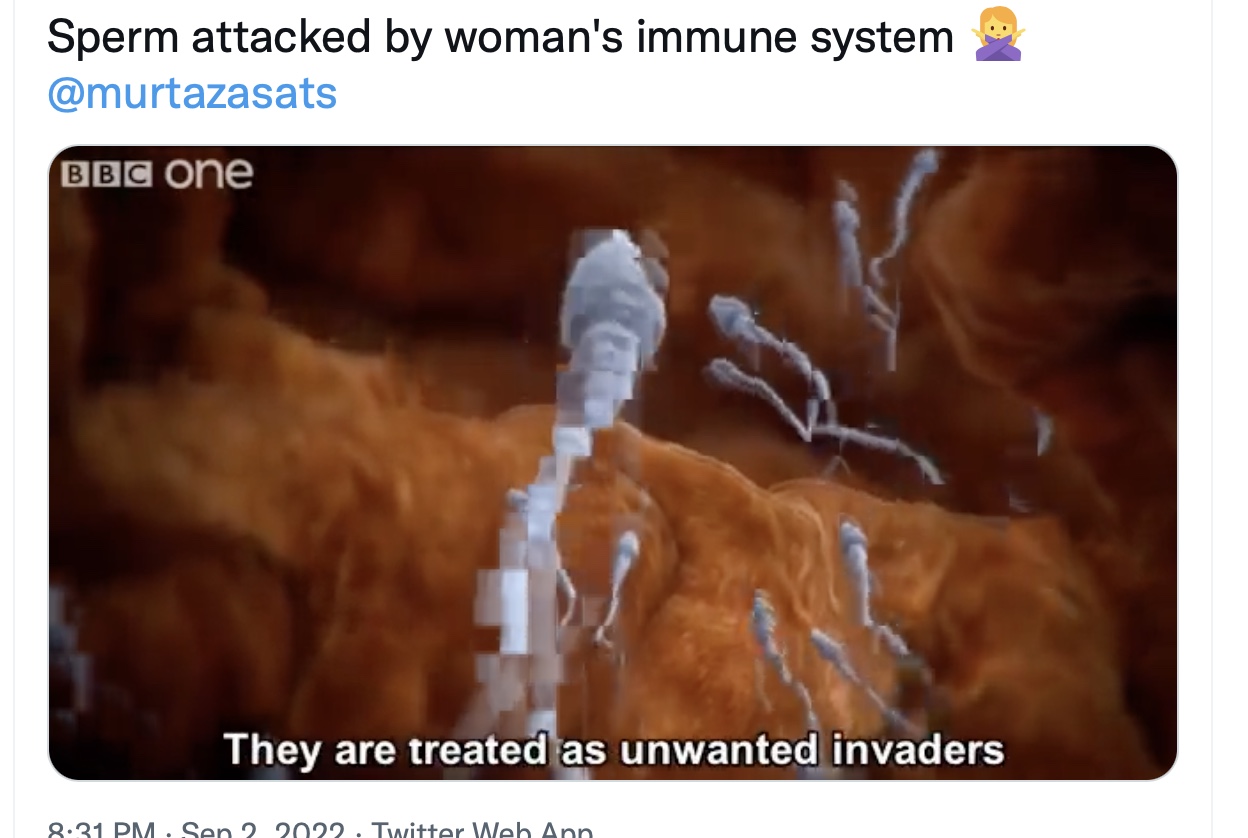FIRE Files Suit to Address First Amendment Problems with Florida’s “Stop Woke Act”
Once again, FIRE steps up when First Amendment rights are threatened. No matter where someone is on the political spectrum, good intentions are a poor guide to abiding by the First Amendment. This time, the problem is Florida's Stop Woke Act. Excerpt from FIRE's press release:
The First Amendment doesn’t allow Florida law to declare which concepts are too challenging for students and faculty to discuss in a college classroom.
Stop WOKE Act restricts college student and faculty members’ ability to play devil’s advocate, express viewpoints University of South Florida’s First Amendment Forum is the first student group to challenge the law in court TAMPA, Fla., Sept. 6, 2022 — To protect free speech, the government must censor. That’s the absurd argument put forth by Florida lawmakers in the controversial “Stop WOKE Act.”
The law suppresses viewpoints disfavored by Florida lawmakers, threatens tens of millions of dollars in annual funding for universities that don’t crack down on faculty who “promote” an opinion on a government blacklist, and encourages people to report other Americans to government authorities if they “advance” those views — all in the name of “individual freedom.”
Today, a professor and student group from the University of South Florida sued to protect professors’ ability to teach and students’ ability to learn. The lawsuit, filed by the Foundation for Individual Rights and Expression, alleges that the higher education provisions of Florida’s “Individual Freedom” law (dubbed the “Stop WOKE Act” by its proponents), impermissibly chill free expression and promote unconstitutional censorship on the state’s college campuses.
“Without the freedom to engage in vigorous and robust debate about important issues and contentious concepts, a college education is just an exercise in memorizing facts and repeating government-approved viewpoints,” said FIRE attorney Adam Steinbaugh. “That’s not freedom or education.”
The Stop WOKE Act, passed on an exclusively party-line vote and signed by Gov. Ron DeSantis on April 22, prohibits “instruction” on eight specific “concepts” related to “race, color, national origin, or sex”that may run counter to government officials’ notions of “freedom.” For example, the bill unlawfully restricts discussions of advantages or disadvantages of a particular race or sex; whether individuals are unconsciously biased based on race or sex; and whether certain virtues — including “merit, excellence, hard work, fairness, neutrality, objectivity, and racial colorblindness” — are racist.
But in restricting which ideas may be considered in a college classroom, Florida’s political leaders ran headlong into the First Amendment.


